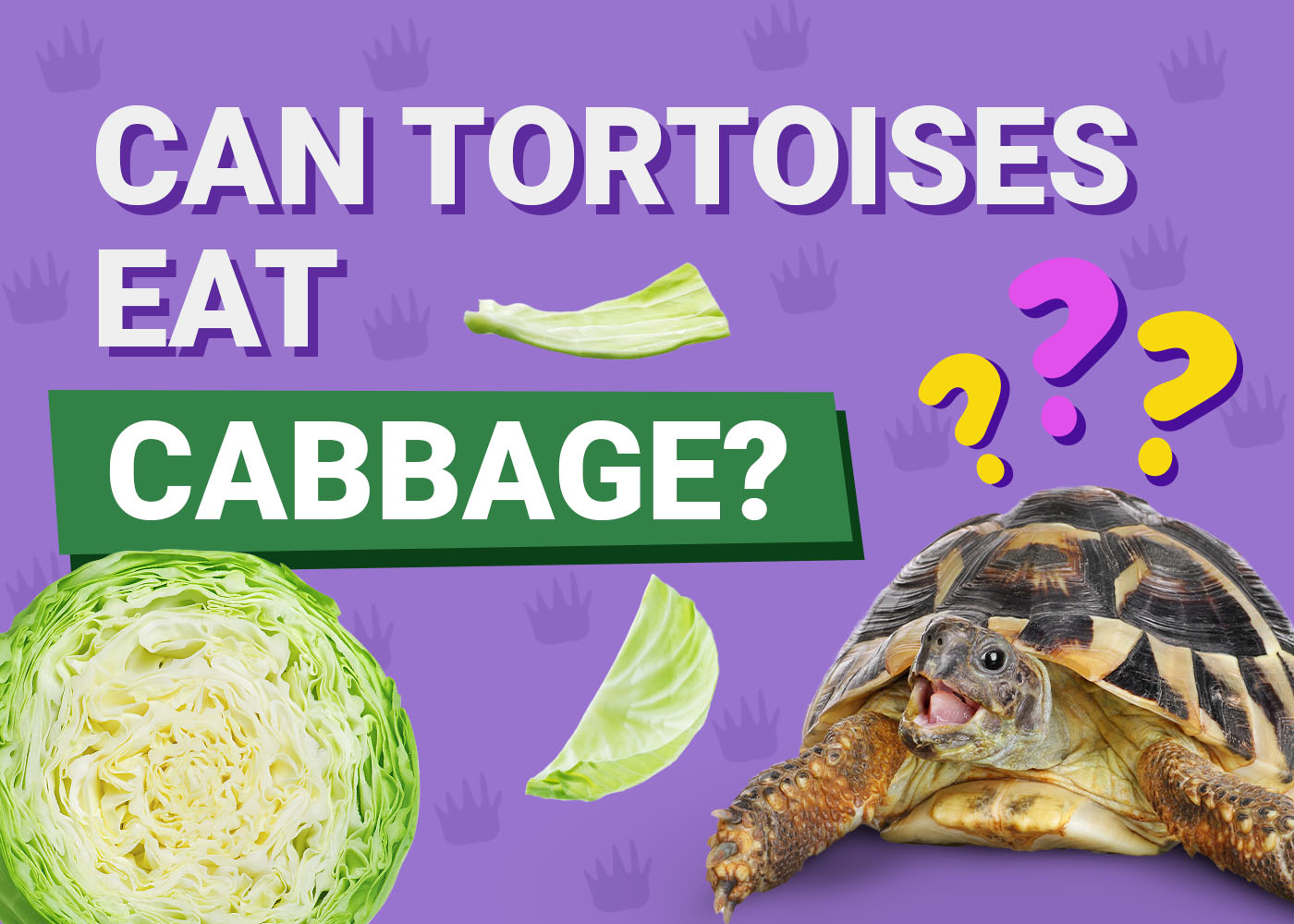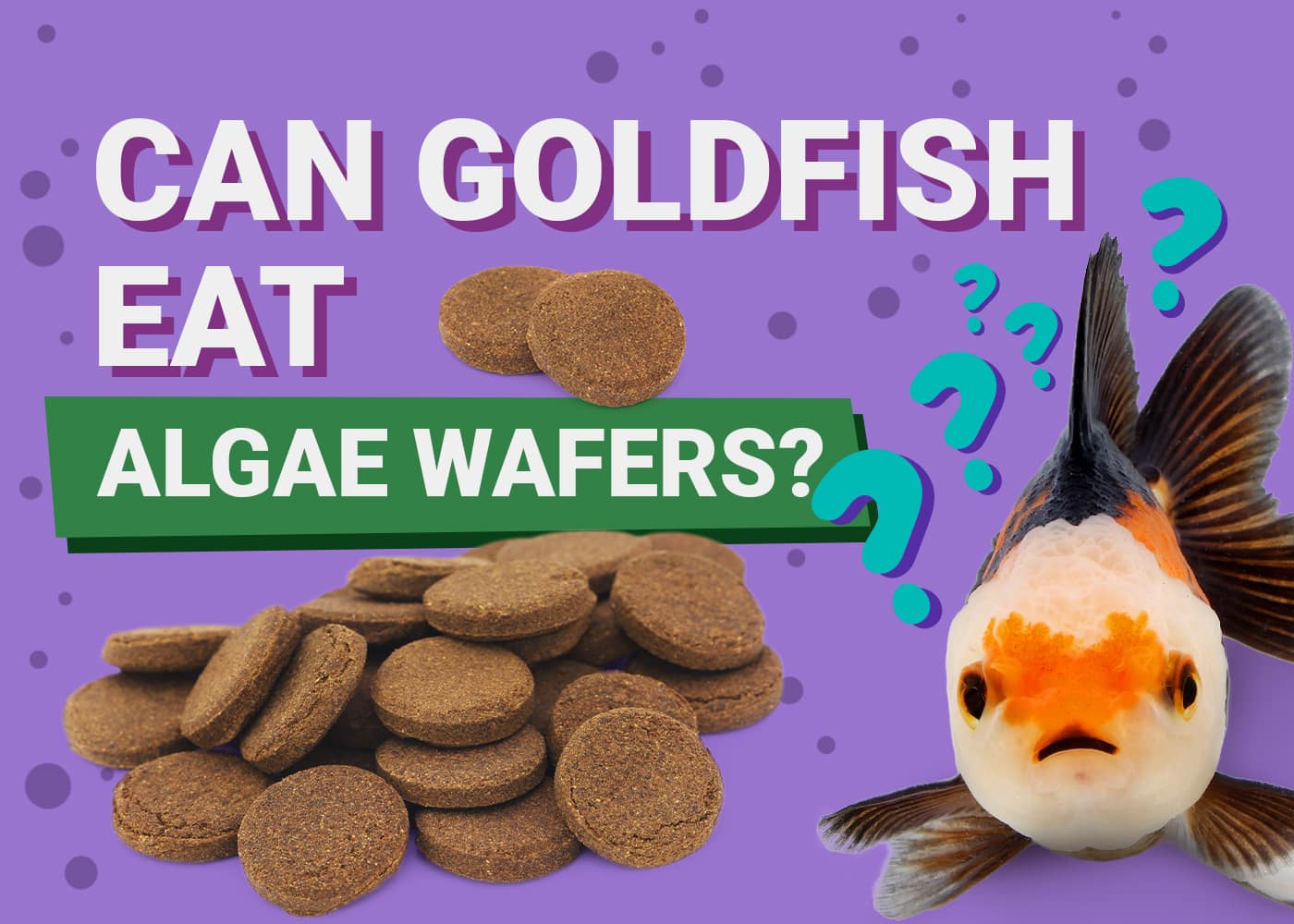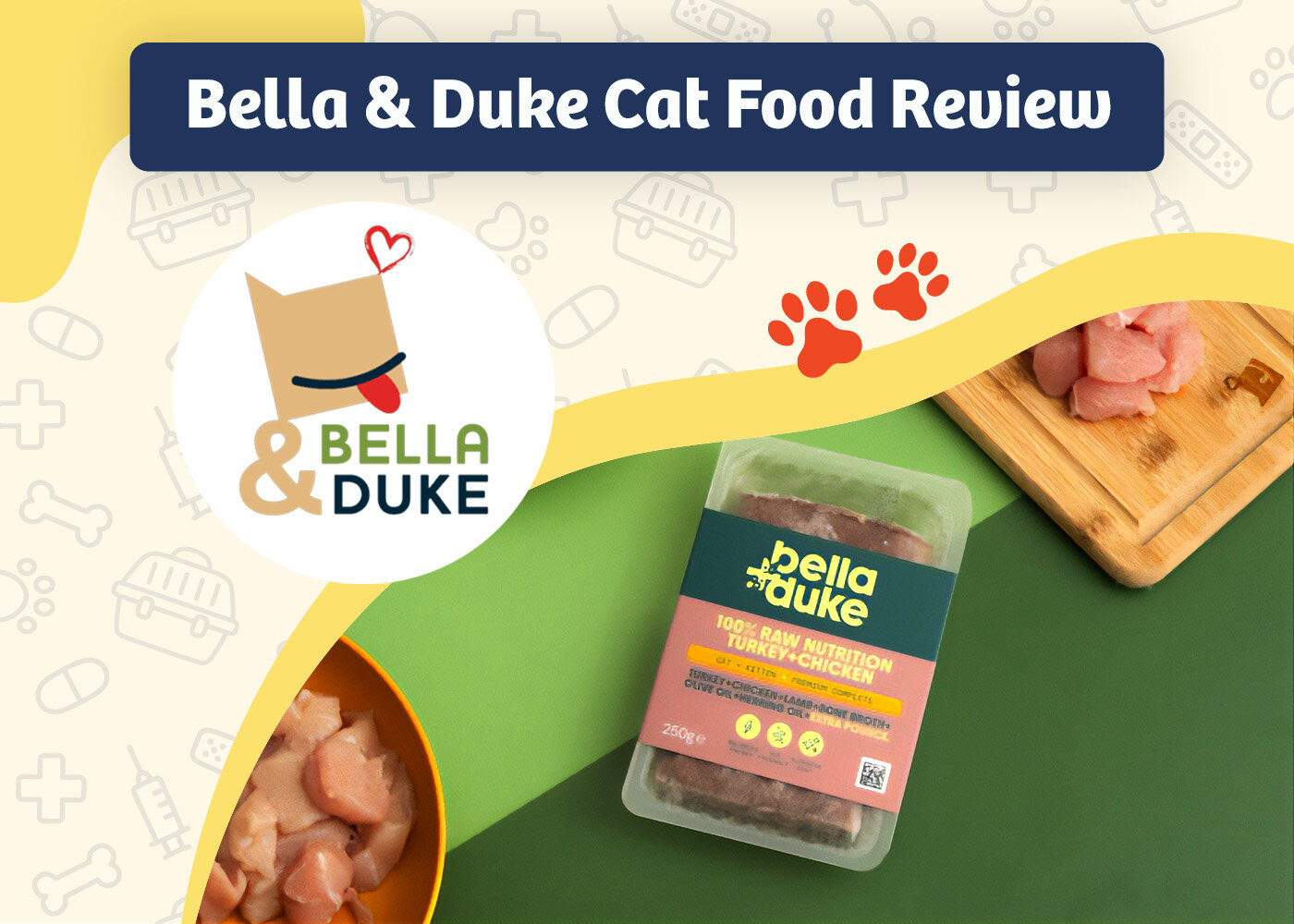While turtles tend to be omnivores, tortoises are true vegetarians; they do not eat meat, preferring a diet that consists primarily of vegetables like dandelion and kale. They can also be given a small number of berries and the occasional handful of Timothy or alfalfa hay.
In the wild, tortoises live in diverse settings. As well as those that reside in deserts, there are some that live in tropical forests. The majority are vegetarians and forage for food. In the wild, they eat flowers, the foliage of plants and bushes, and fruit and vegetables when they are available. There is some debate over whether cabbage is safe for tortoises, and it may be best to avoid this food for your tortoise.
Understanding why cabbage might not be ideal for tortoises (despite not being toxic) requires exploring its nutritional nuances. Let’s dive in!
Tortoises and Cabbage
There is some debate over whether cabbage is a safe food for tortoises. It is not toxic to tortoises, but it has one very noteworthy drawback which greatly diminishes its appeal as a food item for your tortoise.
Cabbage contains a very high amount of goitrogens. In large quantities, goitrogens can prevent the thyroid from working properly, eventually leading to goiter (a thyroid disorder). Although it should be fine to feed cabbage in small quantities and rarely, it is best to avoid it altogether to prevent making your tortoise ill.
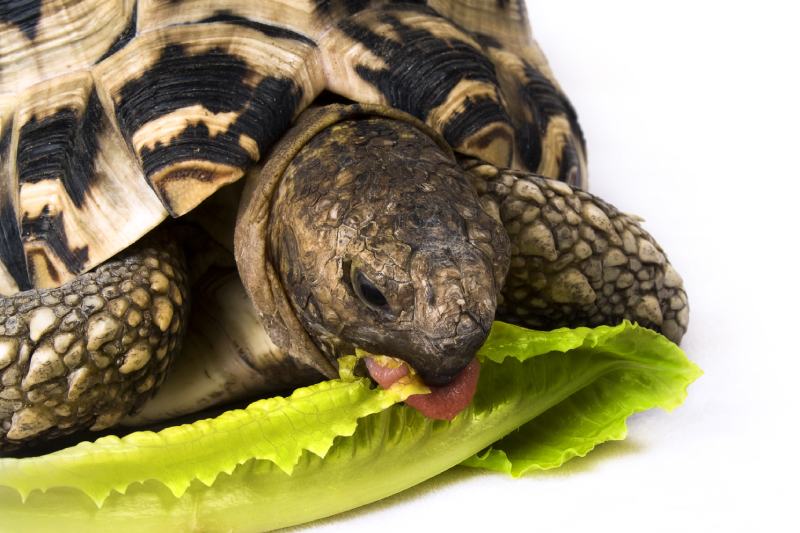
What Vegetables Can Tortoises Eat?
Approximately 80% of your tortoise’s diet should be made of leafy green vegetables. Avoid lettuce like iceberg because they contain a lot of water and have minimal nutritional benefits. Dark lettuces, such as romaine, are considered suitable and even beneficial, however. Your tortoise will enjoy a little bell pepper and sweet potato, but they should not be fed in large quantities. Try to provide at least three different vegetables each day. It provides variety, and it helps provide the full range of vitamins and minerals that they need.
You can also serve fruit, but it’s sweet and high in calories. It should comprise no more than 10% of their diet and can consist of melon or berries. Do not feed fruit every day, and ensure that you keep track of how much you are feeding.
Hay can also be offered at all times. They especially like alfalfa and sweet Timothy hay, which provide the essential fiber to keep your tortoise healthy.
Tortoises need calcium and vitamin D3, and they are unlikely to get adequate amounts just from their food. You can add supplements to their diet to ensure they get everything they require.
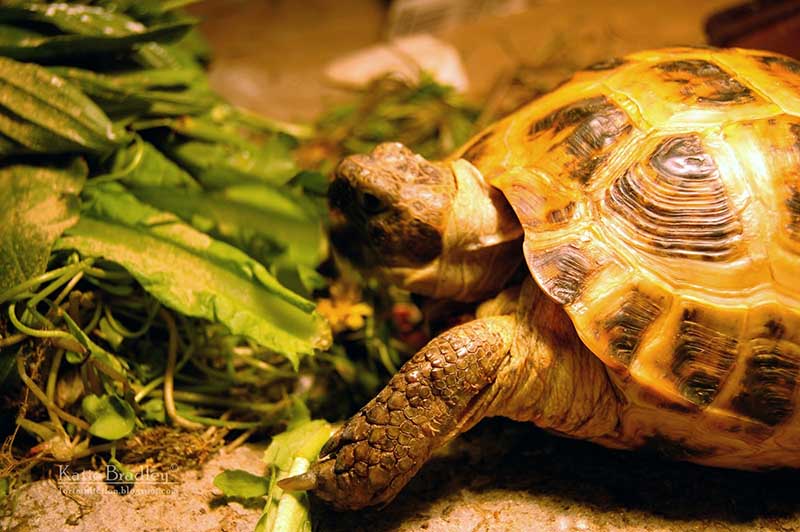
What Should I Not Feed My Tortoise?
Although they are good at recognizing potentially dangerous plants when in the wild, you need to monitor what you feed your pet tortoise to ensure that you are not serving anything that is considered toxic or dangerous. Avoid daffodils, azaleas, and foxglove, for example. Do not feed citrus fruit, either, and avoid avocados. Not much research has been conducted on which plants are dangerous to tortoises, so the best approach is to avoid feeding plants and stick to fruits and vegetables.
It is best to not feed citrus fruit, either, and you should definitely avoid avocados. Not much research has been conducted on which plants are dangerous to tortoises, so the best approach is to avoid feeding plants and stick to fruits and vegetables which are verified as safe for them.
One plant that has undergone considerable scrutiny is dandelions. They are high in oxalates, but tortoises tend to enjoy them. Nonetheless, it does remain one of the best foods for your tortoise, as, despite its high amount of oxalates, it has more than enough calcium to compensate for this (and a fantastic calcium to phosphorus ratio).
What About Kale?
Kale is a member of the same brassica family as cabbage and contains potentially harmful goitrogens. Kale is considered an excellent source of calcium, so it may be worth adding a little to your pet’s diet occasionally.
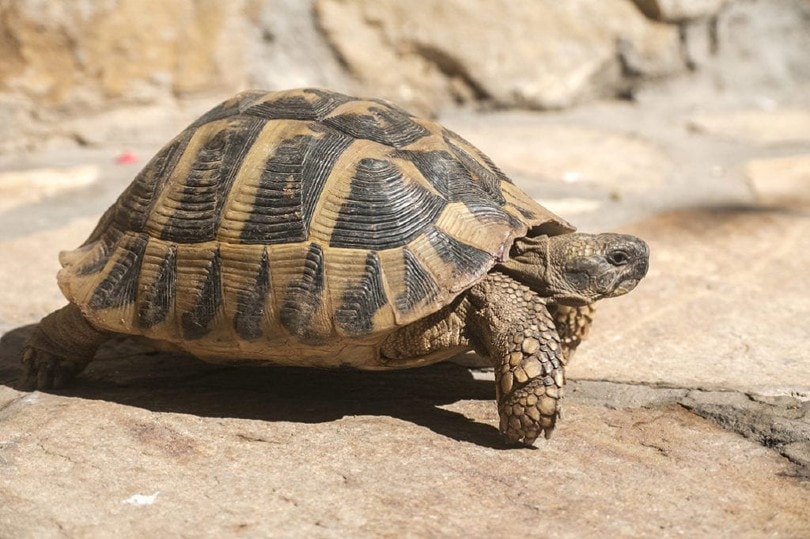
Can Tortoises Eat Cabbage?
There is no easy answer to the question of whether tortoises should eat cabbage. Cabbage contains goitrogens, which are bad, but the small amount in the cabbage means that it should be fine to feed this food in minimal amounts and infrequently. However, the safest approach is to avoid feeding it entirely and to stick to recognized dietary food sources like vegetables and fruit.
Related Reads:
Featured Image Credit: Nach-Noth, Shutterstock
